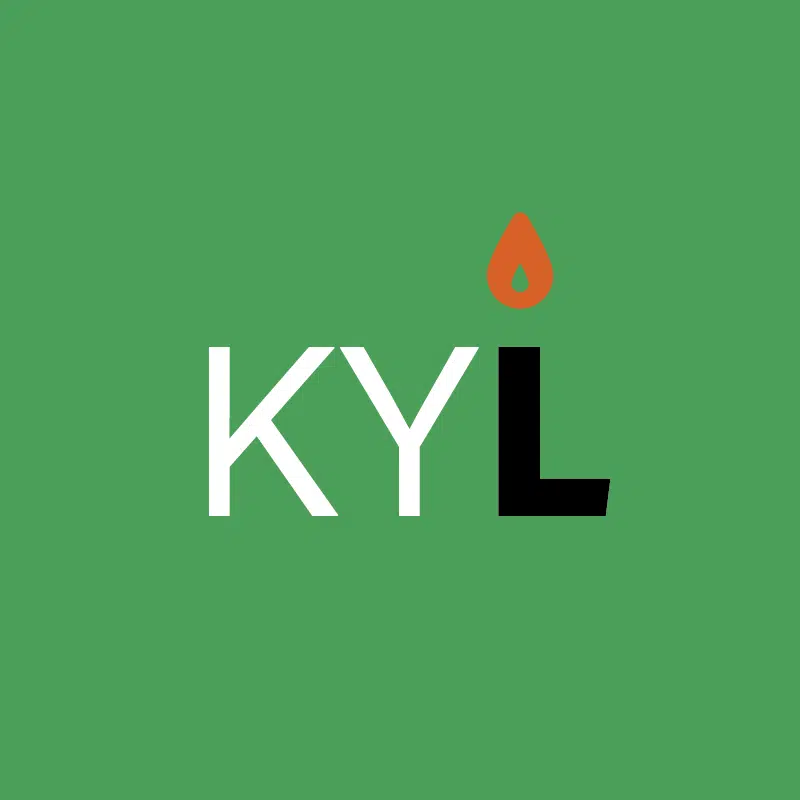A plea to restore public participation in Kentucky’s lawmaking process

Republished from Kentucky Lantern

Our representative democracy rests on a fundamental principle: We, the people, have a right to participate in decisions that affect us.
One year ago, a League of Women Voters of Kentucky report described how Kentucky’s General Assembly has increasingly fast-tracked legislation in ways that weaken that principle.
In our newest report, “How Can They Do That? (Part 2),” we show that the legislature continued to fast-track legislation in 2024, and used four additional tactics that undermine public participation.
Public is still shut out of Kentucky’s legislative process, says League of Women Voters
The four fast-track maneuvers identified in 2023 that were used again in 2024 are:
- Holding required bill “readings” before (rather than after) committee action, giving the public little time to review and understand bills.
- Replacing original versions of bills with last-minute committee substitute versions that are not available to the public before the committee vote.
- Holding full House or Senate floor votes the day bills get committee approval, allowing the public only a couple of hours to contact their legislators.
- Holding floor votes on free conference committee reports the day they are released, even though the reports may add provisions that the public has no time to review.
We hoped that shining a light on these practices would discourage their use. Sadly, in 2024, the maneuvers were used with roughly one-third of House bills and one-quarter of Senate bills that became law.
This year’s report documents four additional tactics that challenge the Democracy Principle:
- Loss of prefiled bills that had, in the past, allowed Kentuckians an early start on preparing for upcoming legislative sessions.
- Shell bills with little or no substantive language are filed as placeholders for more substantial changes to be inserted at the last minute.
- Committee meetings held at irregular times or not at all, making it nearly impossible for members of the public to adjust their schedules and attend.
- Inconsistent access to records of legislative action, including committee minutes and Journals of Proceedings required by the Constitution of Kentucky.
Using these tactics in combination has a negative compounding effect on public participation.
Remember learning ‘how a bill becomes law’? Well, forget it in the Kentucky legislature.
For example, Senate Bill 299 (passed in 2024) began life on Feb. 27 as a half-page “shell bill” that changed the word “he” to “he or she” in a two-sentence law about pari-mutuel betting. However, that short version ballooned into a 282-page substitute bill that made sweeping changes to horse racing and gaming statutes. The wholesale transformation occurred in less than 60 hours at the end of March, using several fast-track maneuvers and tactics. The substitute version affected not only the horse racing industry, but also charitable gaming organizations, whose representatives had little time to understand and give input on the bill.
The League asks the General Assembly to strengthen public participation through rules that:
- Schedule the three bill “readings” after committee hearings.
- Make committee substitute bills available at least one day before committee meetings.
- Allow at least one day between final committee action on bills and floor votes.
- Allow at least one day between free conference committee revisions and floor votes.
- Restore prefiled bills.
- Limit the use of shell bills and propose substantive bills before filing deadlines.
- Transact most committee business during regularly scheduled meetings.
- Announce additional committee meetings in the daily legislative calendar published the night before.
- Make records of legislative proceedings and committee meetings available to the public promptly.
The League of Women Voters of Kentucky supports informed and active citizen participation in government. We urge the General Assembly to restore and expand our voices in the lawmaking process. And we call on the public to remind legislators that we, the people, have a right to participate in decisions that affect us.
Kentucky Lantern is part of States Newsroom, a network of news bureaus supported by grants and a coalition of donors as a 501c(3) public charity. Kentucky Lantern maintains editorial independence. Contact Editor Jamie Lucke for questions: info@kentuckylantern.com. Follow Kentucky Lantern on Facebook and Twitter. Kentucky Lantern stories may be republished online or in print under Creative Commons license CC BY-NC-ND 4.0.
Donate to Kentucky Lantern here.